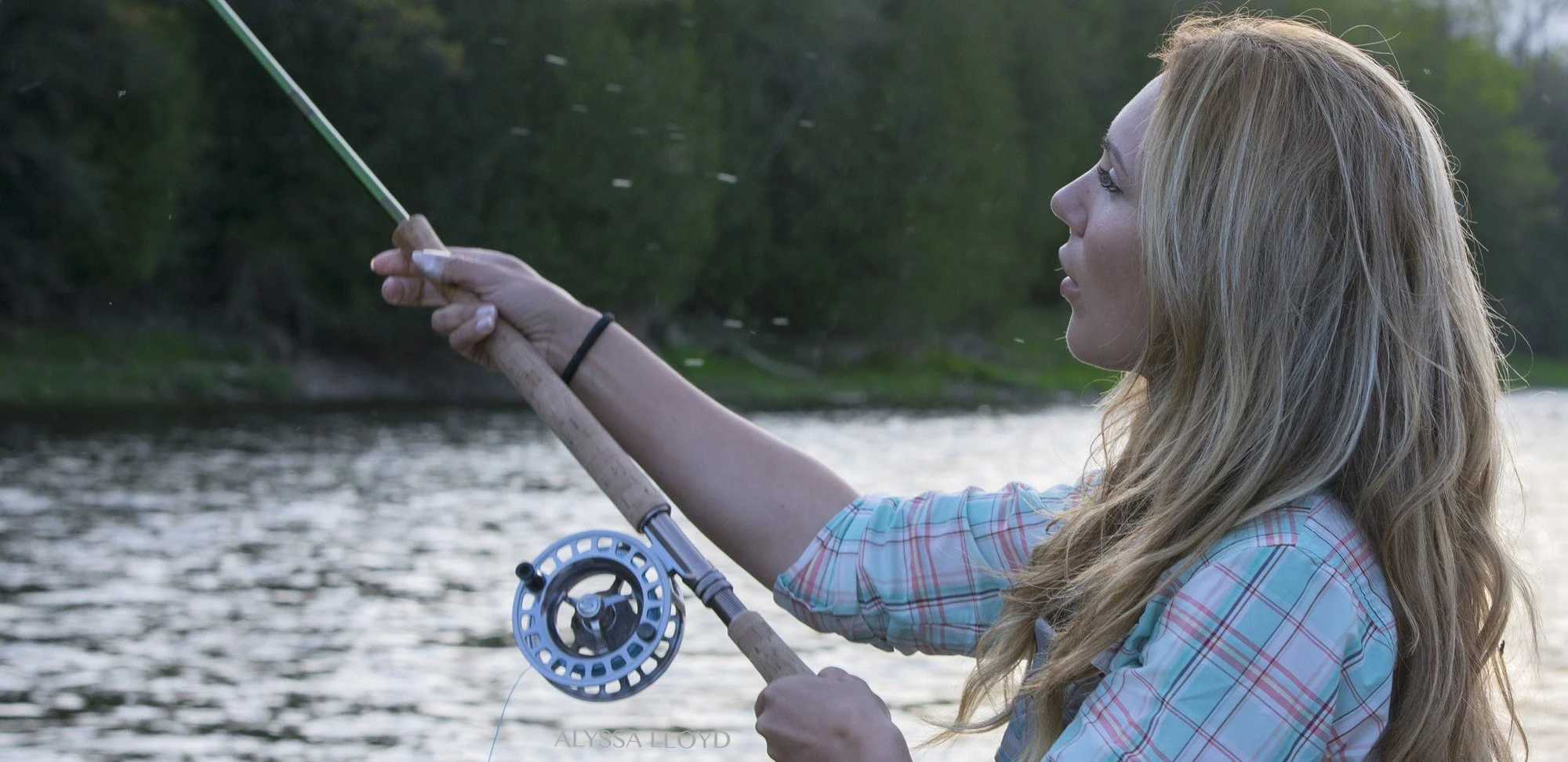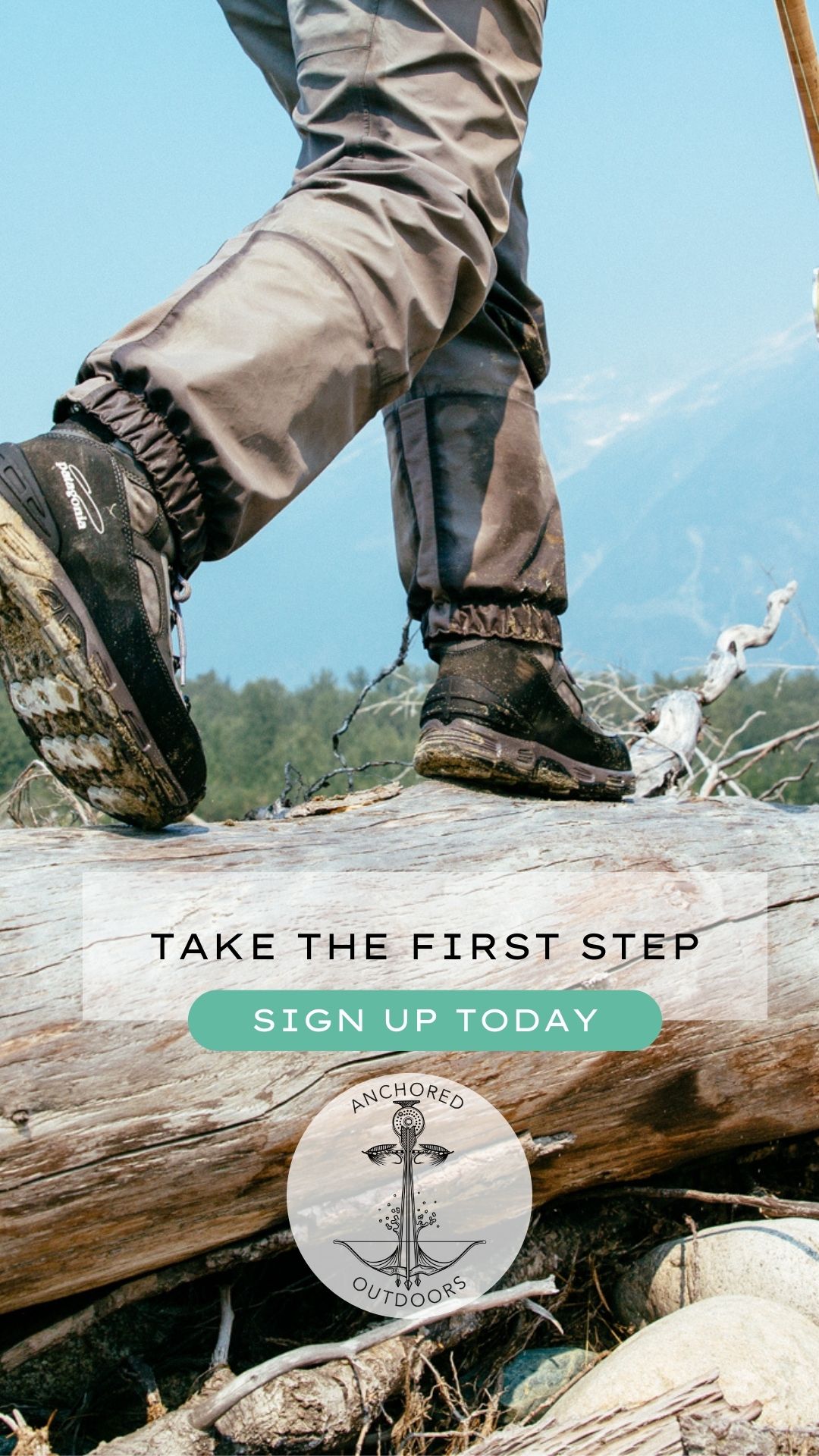I left Launceston on a Sunday afternoon. By the time I was back home in Sydney, my head was aching from the pent-up ambition that circled within it.
Greg, the Tasmanian devil that he is (full story here), had stirred me into a frenzy. But there is one problem with an animal who moves so fast : I was left blinded in a cloud of dust.

It was time to begin organizing interviews for my book and subsequent television series with WFN. So I ventured into the study and paced the room, eyeing up the books I’d placed thoughtfully & carefully on the rich brown shelves. Blue Eye’s owned a collection of first edition books that had been willed to him by his late friend, Andrew, who had died an untimely death.
The house was quiet and I closed my eyes.
Tracing a lone finger along the soft worn seam of one of Haig-Brown’s first books, the room cooled and Andrew’s presence tickled goosebumps onto my skin. I slid the hardcover from its designated slot and held it to my chest as I walked it out into the sunlit yard.
I had realized that swinging flies for steelhead was popularized in the 1930’s by Haig-Brown and that, to fully understand the origin of steelhead fishing, I must first learn more about Atlantic salmon culture.
The books Andrew had left behind were written by authors deceased and passed; only the words from their books could lead me now.
I called fellow Patagonia ambassador and author, Topher Brown for his advice on the matter. Topher is an experienced salmon angler and a man keen to share his knowledge with those who are equally willing to listen. His book, Atlantic Salmon Magic, was revolutionary and one of the most helpful books I have read so far.
We spoke for several hours and I listened intently to his recommended reading list and opinions on the sports’ changes within the industry. I opened up to Topher about my more recent lack of interest in general modern methods, gear and flies.
Like a sprouting wart, this deep rooted disinterest had blossomed into an ugly scab until I eventually had to acknowledge that it was there. For some time now, fear of sounding like a purist, snob or instigator bound my thoughts to the safety of my inner reflections and closest friends. But even they loved to fight me on my opinions. I quickly learned that communicating personal change often meant that offence would be found by others whose path veered elsewhere.
To be boldly honest (in my opinion):
- Skagit lines (while they have their applications) had begun to bore me and I longed to improve my casting stroke so I could support a longer line.
- Sink tips were relatively unpleasant to fish and often unnecessary when summer fish were just as willing to rise in the water column.
- Large flies were advantageous at times but were just as often overly intrusive (I would perch on fallen trees and witness fish swim around the flashy irritant).
- repetitive Facebook hero shots made me turn my computer off.
- Videos of “proud to be a broke bum, live off Raman noodles and freeze to catch steelhead because I’m a badass”, were old and classless.
- Book reading substituted for forum banter was waning what little sanity I arguably ever had.
- Graphite rods getting faster every season were taking the soul out of casting for me.

The problem here was that there was one commonality that connected all of these accumulated pet peeves to one another : and that commonality was me. At one point or another, I had epitomized these things.
I do not believe in regret and I had no apologies about methodology that used to excite me. But I’d outgrown feeling like I was relying on the talent of my equipment to do the ‘fishing’ for me; I wanted to feel more involved.
The catch? As a woman who makes her living off the aforementioned, I was committed to finishing my pre-booked year, but could no longer continue to book additional circuits until I had taken some time to sort out my own indifferences.
I felt like a liar, I felt confined, I felt handcuffed to something that used to excite me but did no longer. It began to wear on me and my fingers fiddled with my necklace more often than usual – a subconscious act I find myself doing when I feel trapped.

I was sure to upset some people with my honesty, but optimism is my constant goal and truth is my mantra – so I decided to share this story as exactly that, a story.
A friend of mine put it into perspective in a conversation that unfolded like this:
“April, say I am a professional tennis player and you want to learn to play too… We can both agree that playing tennis is good for you?”
“Yes. Agreed.”
“So, what if you asked me before your first few matches if I would lower the net to help improve your chances at scoring a few points, would you think that was fair?”
I answered. “Yes.”
“Now imagine you start winning some matches and strengthening your skills… So you turn to me and ask if you can now get rid of the net altogether. What should I say?”
“Well, no…”
“Why not?”
“Because that’s not how we play the game.”
“Exactly.”
I was silent and allowed him to elaborate.
“Today in this world, we have space age technology and state of the art equipment. Rods are easily cast, shooting heads require a shorter and often unskilled stroke, flies are enormous, sink tips often position the fly for the angler rather than encourage the angler to be aware of his presentation. Forums and Facebook tell people when and where the fishing is hot. GPS coordinates tell us where to go. YouTube makes us ‘pros’ overnight… “
He breathed deeply before continuing.
“We are in a world surrounded by top anglers who are outfitted with cutting edge tackle. There’s just one problem – we only have half the amount of fish. We need to raise the net. We need to start playing the game right.”
***
It made me think.
***
The next day, I sent out my email to some people who I respected immensely.
Good afternoon,
My name is April Vokey and I am a steelhead guide and writer who lives in British Columbia, Canada.
As a steelheader from the start of my teenage years, I have ventured from bait-fisher to spoon-angler, single-hand to Skagit/Scandi caster and more recently, to a longer line enthusiast.
Naturally, while I further immerse myself in this wonderful sport and the depths of pages written by anglers long before me, I cannot help but feel as though the sports tradition and history is slowing and surely diluting with newer generations (inclusive of my own).
As I read and listen to the words of Bill McMillan, R. Haig-Brown, Frederick Hill, Topher Brown… even A. H. E. Wood, I feel a fire within me grow as revelations unfold and studies arise.
It has been a mission of mine to partake in a self-journey where I explore the evolution of Atlantic Salmon/Steelhead fishing – and its changes as it has migrated from the UK to Canada’s east coast and, finally, Canada’s west.
It is a strong belief of mine that this tradition is in desperate need of a revisit before what’s left of our angling culture is no longer alive and accessible at a time when it is needed most. I fear that if it has taken me (someone completely occupied with the industry / sport/ history books) this long to see and grasp the importance of such that there are also others like me who might not realize that this revelation exists.
With this exploration project in mind, I have signed to write a book on the matter and have scheduled a television show around the concept & process of the book.
While exact locations are still being determined, we are set to shoot: 1 episode in the UK (October), 3 episodes in New Brunswick (June and October), 1 episode on Vancouver Island (September), 4 episodes in Northern BC (September), 1 episode in Ontario, Canada (May).
Naturally there are countless other fisheries that I would like to consider, however budgets and timelines can only allow me to go so far (this season anyhow).
Why I am emailing you is that you have been brought up in my discussions by various anglers in the angling community; particularly those who are familiar with the old guard. While we are still ironing out who we can confirm visits with, I thought it at least a start to reach out and a) ask you if you may be interested in allowing me to interview you for the show/book, b) see if you will be in any of the listed areas at those times, finally c) please feel free to suggest someone you feel may also be perfect for this project.
The show is set to be done rather artistically, narrative words as read from the book in process; lacing the scenes of the moving film.
The people interviewed are truly the heart of the show as they help me to further appreciate the biology, etiquette, tradition, equipment, techniques and history of this sport. From learning to grease silk lines, to educating the reader/viewer on why our more present day methods of fishing may be unnecessary (and even unethical… though this will be highlighted by way of my own experiences rather than creating controversy within an audience who feels I am pointing my finger at them). The show is set to showcase anglers/biologists both young and ‘old’ in hopes that it can bring light to our rapidly diminishing culture that once so proudly embraced fly-fishing. Opinions of today and those of yesterday have a place in the show and I am curious to hear views by all.
I look forward to hearing from you and hope that I may have the option of including you in this very ambitious project.
Sincerely,
April Vokey
And then I waited.
~AV
Here is the reading list from Topher. For a full reading list, visit my instagram account. 🙂
Next blog we begin shooting – I’m excited to share!




